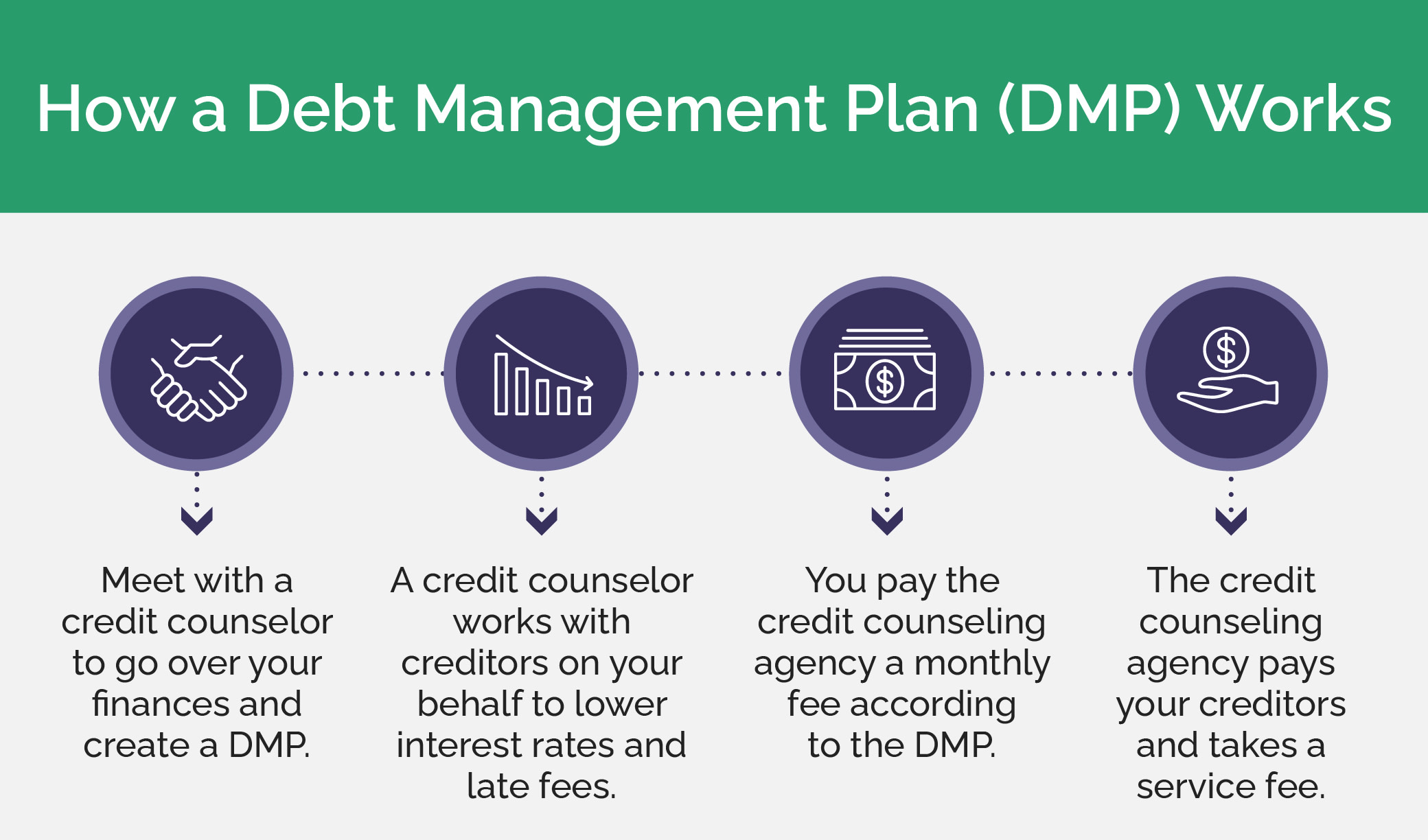Professional Tips and Strategies for Carrying Out a Successful Financial Obligation Administration Strategy
When it comes to navigating the intricacies of financial debt management, having a well-thought-out strategy is crucial for accomplishing monetary security. From assessing your current monetary standing to discussing with financial institutions, each action plays a critical function in forming an effective debt management plan.
Assessing Your Present Financial Circumstance
Before embarking on a financial debt administration strategy, it is vital to thoroughly review your present financial standing. Comprehending your financial circumstance is the foundational action towards effectively taking care of and minimizing your debt.

Developing a Realistic Budget Plan
Understanding your existing monetary situation lays the groundwork for creating a practical budget plan that lines up with your financial obligation administration objectives and economic abilities. When creating a spending plan, it's critical to precisely track your earnings, expenses, and debt obligations. By classifying your costs, you can determine areas where you may require to cut back to free up funds for debt settlement.

Focusing On and Dealing With Financial Debts
To properly reclaim control of your financial resources and job in the direction of financial security, prioritizing and tackling your financial debts is a critical action in your financial obligation management strategy. Begin by listing all your financial debts, including credit cards, loans, and any various other exceptional balances. Recognize high-interest financial obligations that are costing you one of the most cash and focus on paying them off initially. By concentrating on these high-interest financial obligations, you can conserve money over time and minimize the total amount you owe.
After recognizing your high-interest financial debts, take into consideration utilizing strategies like the financial debt snowball or debt avalanche technique to pay them off methodically. The financial obligation snowball approach entails paying off the tiniest financial debts first, while the financial obligation avalanche approach focuses on financial obligations with the highest possible rate of interest. Pick the technique that aligns best with your economic objectives and encourages you to keep making progression.
In addition, think about negotiating with financial institutions for lower interest rates or establishing up a payment strategy if you're battling to fulfill your existing responsibilities. Looking for help from a credit rating therapist or economic consultant can likewise supply important understandings and support on exactly how to efficiently tackle your debts - debt management plan services. By prioritizing and addressing your debts purposefully, you can lead the way in the direction of a debt-free future and enhanced monetary health
Discussing With Financial Institutions
When involving in debt monitoring, working out with financial institutions is a crucial action towards discovering equally advantageous services for financial debt repayment. Open communication with creditors can bring about modified repayment strategies, lowered rate of interest, and even negotiation offers. Before launching negotiations, it is necessary to have a clear understanding of your monetary circumstance, including your earnings, expenditures, and the overall amount of debt owed. This info will certainly not just help you make realistic deals however likewise demonstrate to lenders that you are dedicated to fixing the financial obligation.

Building Healthy And Balanced Monetary Habits
Including regular budgeting methods is important for cultivating healthy and balanced monetary practices. Go Here Budgeting permits individuals to track their revenue and expenses, allowing them to make informed choices about their financial top priorities. Setting particular economic objectives, such as saving for emergency situations or retirement, can give a clear roadmap for handling money successfully.
An additional key facet of building healthy monetary behaviors is living within one's ways. This includes spending much less than what is gained and avoiding unneeded financial obligation. Distinguishing and embracing a prudent state of mind between wants and needs can assist people make even more sensible costs selections.
Routinely checking and assessing economic statements credit report records are important routines that promote economic awareness and responsibility. By staying educated regarding their economic standing, people can recognize potential problems early on and take aggressive actions to address them.
In addition, establishing a financial savings Home Page habit, despite having tiny quantities, can contribute dramatically to lasting financial safety and security. Conserving routinely not only constructs a financial padding for unanticipated expenses however likewise fosters a feeling of technique and obligation in the direction of finance. By consistently practicing these habits, people can lay a solid structure for a secure financial future.
Final Thought
To conclude, implementing a successful financial obligation monitoring plan calls for a thorough evaluation of one's monetary situation, the advancement of a practical budget, focusing on and dealing with financial debts, negotiating with creditors, and structure healthy financial routines (debt management plan services). By following these expert pointers and strategies, people can take control of their finances and work in the direction of accomplishing economic security and liberty from financial debt
Comprehending your current financial circumstance lays the foundation for establishing a sensible spending plan that lines up with your financial obligation monitoring goals and economic abilities.To properly reclaim control of your finances and job in the direction of monetary security, prioritizing and tackling your financial obligations is an important action in your financial debt monitoring strategy.After identifying your high-interest financial debts, consider using methods like the financial obligation snowball or debt avalanche method to pay them off systematically. The financial debt snowball approach includes paying off the smallest financial debts initially, while the debt avalanche find this approach prioritizes debts with the highest passion prices.When engaging in financial obligation monitoring, discussing with creditors is a critical action in the direction of discovering equally valuable solutions for financial debt payment.